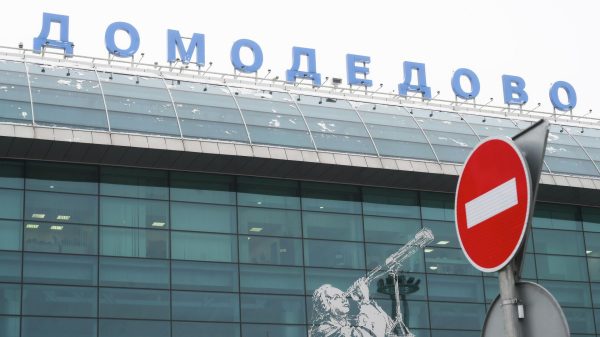The World Health Organization has said European countries will need to “move beyond biomedical science” to overcome Covid-19 as “pandemic fatigue” and new infections rapidly rise across the continent.
Hans Kluge, the WHO’s Europe director, said that while fatigue from months of uncertainty and disruption was measured differently in different countries, aggregated survey data from across the region suggested that in some cases it it had reached levels of over 60%.
Medical science alone would not be enough to get through the crisis, he warned, with authorities needing the “courage and empathy” to listen properly to the public and develop policies based on a better understanding of people’s needs and behaviours.
“Covid-19 is urging us to move beyond biomedical science in our response,” Kluge said. “We have an opportunity to maximise our community insights into behaviour, to integrate real community participation into public health policy.”
According to the European Centre for Disease Prevention and Control, the EU/EEA and UK have recorded 3.6m cases since the start of the pandemic eight months ago, with Spain (813 412), France (624 271) and the the UK (515 571) the worst affected.
After successfully containing the spread of the virus earlier this year through more or less strict – and economically damaging – nationwide lockdowns, many countries are struggling to stem a sudden resurgence of the virus since the summer.
Spain, with 302 new cases per 100,000 inhabitants in the past 14 days, the Czech Republic (326), the Netherlands (257), France (248), Belgium (234) and the UK (175) are among those facing soaring infection rates and introducing new restrictions.
Italy’s health minister Roberto Speranza said on Tuesday the government was considering making masks mandatory outdoors across the country after two months of steadily increasing infection numbers.
“The battle is not won, and we will need to remain on maximum alert during the weeks and months to come,” Speranza said, as parliament prepared to extend the country’s state of emergency. Masks are already obligatory outdoors in two regions but Italy on Saturday reported 2,844 new cases, its highest daily count since April.
Finland on Tuesday reported 227 new cases, its highest daily number since the start of the pandemic. “The coronavirus situation is getting worse in Finland too,” prime minister Sanna Marin tweeted, adding that the government would consider possible new containment measures possibly next week.
The figure means Finland’s 14-day incidence rate per 100,000 inhabitants has more than doubled to 30.6 in the past two weeks — and now exceeds the 25 per 100,000 total it has set as a limit for safe travel to other European countries.
Poland said it would enforce restrictions more strictly after a daily record of 58 coronavirus-related deaths on Tuesday as well as 2,236 new cases, close to Saturday’s record of 2,367.
“Only those with a medical certificate from a doctor can choose not to wear a mask where it is mandatory,” health minister Adam Niedzielski said, announcing a ban on using some venues for dancing and new distancing rules to prevent mass gatherings.
Russia, meanwhile, reported its highest daily tally of new cases since 11 May, prompting the mayor of Moscow, Sergei Sobyanin, to take steps to keep students and the older people off the city’s sprawling and crowded public transport network.
“Every day the situation with the coronavirus is becoming more difficult and dramatic,” Sobyanin said, adding that more than 1,000 people had been hospitalised with coronavirus in the city on Tuesday.
The WHO’s Kluge said pandemic fatigue was natural. Citizens had made “huge sacrifices to contain Covid-19, at an extraordinary cost which has exhausted all of us”, he said. “In this protracted public health emergency, these levels of fatigue are to be expected.”
Living with such uncertainty and disruption for many months had left many people feeling apathetic and demotivated, he said, adding that efforts to tackle a constantly evolving challenge must be “reinvigorated and revived”.
Authorities needed first to “take the pulse of their communities” to devise strategies “driven by the growing body of evidence we have on people’s behaviours”, he said, citing an online platform developed by Hertfordshire county health authority in the UK to measure community sentiment.
The German government had consulted philosophers, historians, theologians, and behavioural and social scientists on fundamental issues such as the balance between public support and moral norms versus coercive state measures, he said.
For strategies to fully succeed, the public needs to own them, Kluge said: “Consultation, participation and an acknowledgement of the hardships people are facing are key. The community should be considered a resource as well as a recipient or beneficiary.”
He cited the examples of a Danish municipality that invited university students to work with authorities to work out how to preserve the student experience while protecting health, and of Norwegian childcare workers developing their own rules for re-opening kindergartens.
With end-of-year festivities approaching, Kluge also said pandemic fatigue would have to be countered “in new, innovative ways”, with creative approaches needed to “restore social pleasure, while protecting communities”.





















































Свежие комментарии